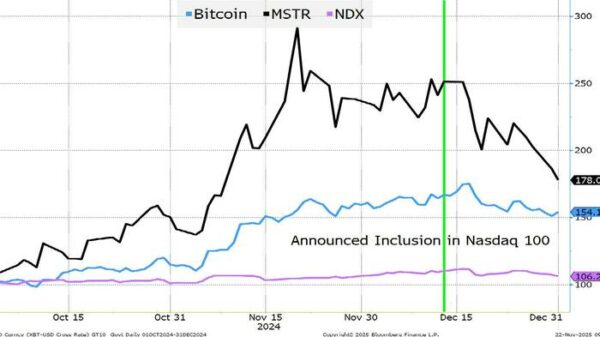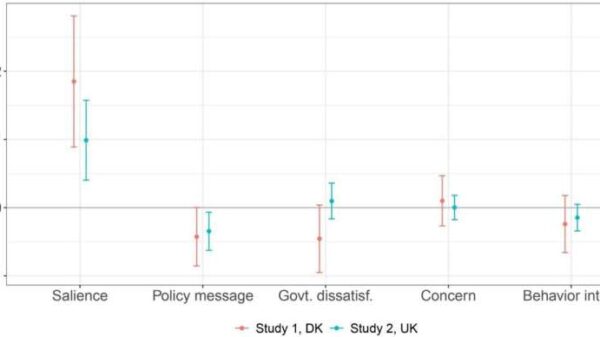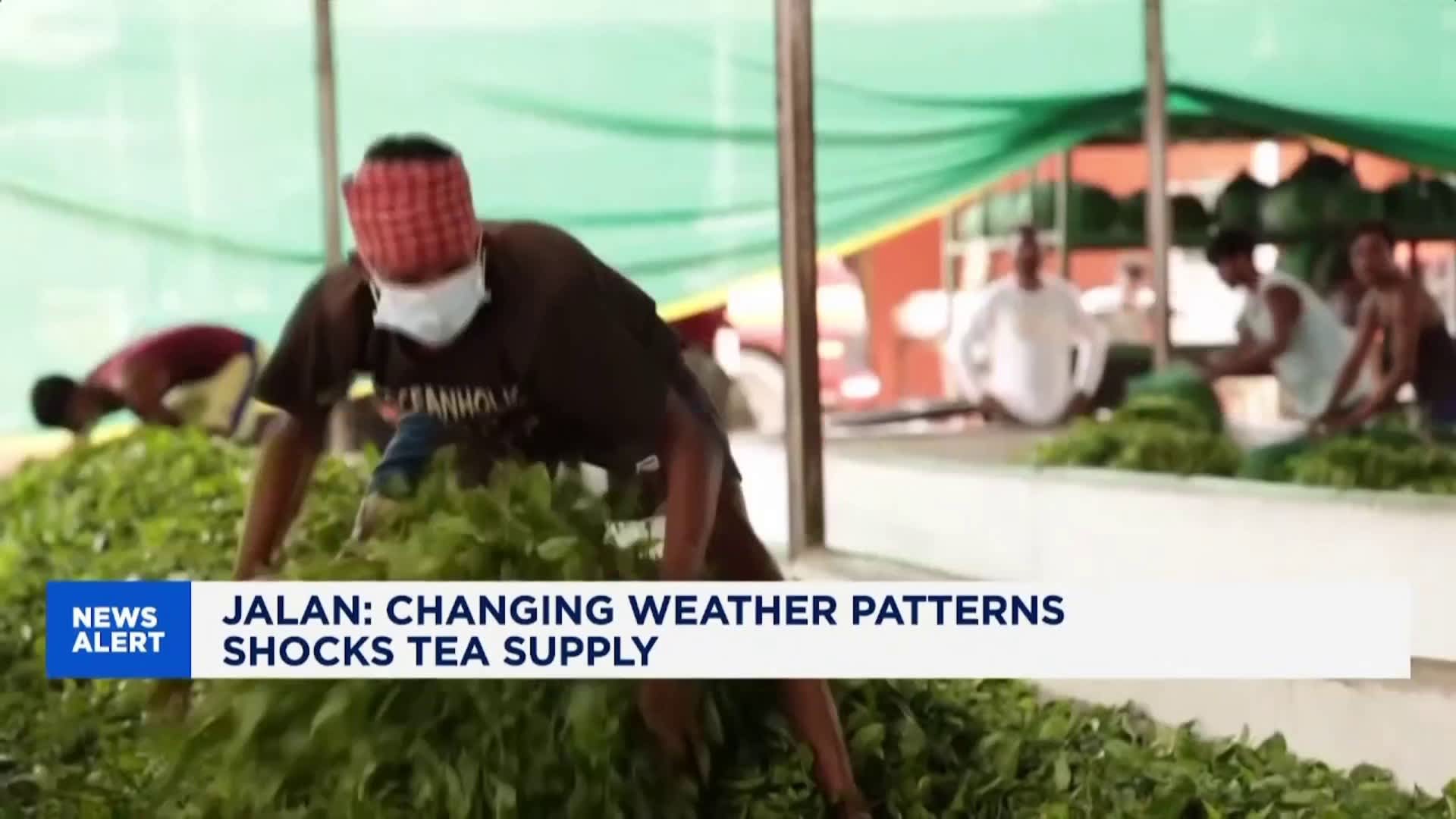Labor strikes across India’s tea gardens, particularly in Assam and West Bengal, have led to significant disruptions in production. The ongoing unrest, which began in early June 2023, is primarily driven by demands for higher wages and improved working conditions. As a result, experts predict a sharp increase in tea prices globally, affecting markets far beyond India’s borders.
The tea industry in India, valued at approximately $1.2 billion, plays a crucial role in the country’s economy. With India being one of the largest producers of tea worldwide, accounting for nearly 25% of global production, the impact of these strikes is poised to be substantial. The Indian Tea Association has expressed concerns that prolonged disruptions could lead to a significant shortfall in supply, which in turn will push prices higher.
Labor Strikes Escalate in Assam and West Bengal
The unrest has been most pronounced in Assam, where workers are demanding a wage increase from the current daily rate of ₹167 (approximately $2.00) to ₹300 (around $3.60). In West Bengal, similar demands have led to increased tensions between labor unions and plantation owners. The situation escalated when workers initiated strikes, halting production in several gardens.
According to the Tea Board of India, the strikes have already resulted in a reduction of about 20% in tea production in the affected regions. This decline not only threatens local economies but also raises alarms for international buyers who depend on Indian tea.
Global Market Implications
The potential rise in tea prices could reshape the global market. As India exports a significant portion of its tea, any fluctuations in supply will ripple through the international trading system. Importers in countries such as the United Kingdom and the United States may face increased costs, which could lead to higher retail prices for consumers.
In response to the strikes, plantation owners have called for negotiations. However, the labor unions remain firm in their demands, emphasizing that adequate wages are essential for their livelihoods. The Indian government has urged both sides to reach a compromise to avoid further escalation.
With tea being a staple beverage in many cultures, the implications of this labor unrest extend beyond economics. Consumers worldwide may soon feel the impact of rising prices, as the cost of tea could rise significantly if the strikes continue. Such a scenario would not only affect tea lovers but also challenge businesses that rely heavily on this essential commodity.
As the situation unfolds, stakeholders in the tea industry are closely monitoring developments. The Indian Tea Association and labor unions are at a critical juncture, where decisions made now will have lasting effects on both labor relations and the global tea market.




































































